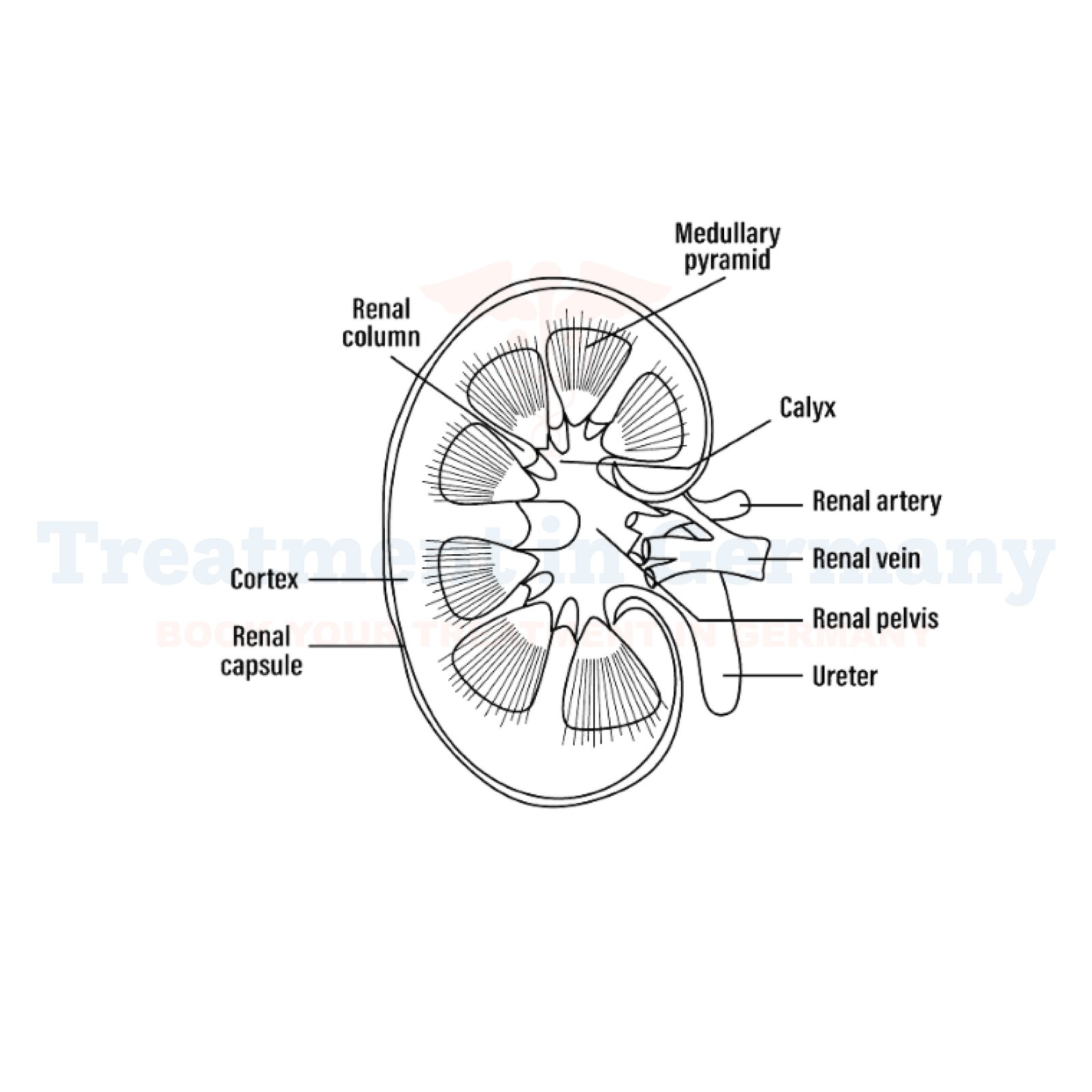What is Renal Failure?
Renal failure, also known as kidney failure, occurs when the kidneys lose their ability to effectively filter waste products from the blood. This can lead to a buildup of toxins and fluids in the body, disrupting normal bodily functions. There are two main types of renal failure: acute and chronic.
Acute Renal Failure: This develops suddenly, often as a result of injury, infection, or certain medications. It can be reversible with prompt medical treatment.
Chronic Renal Failure: This progresses over time, usually as a result of conditions like diabetes, hypertension, or glomerulonephritis.
Chronic renal failure may require long-term management and can lead to end-stage renal disease (ESRD), where dialysis or kidney transplantation becomes necessary.
Side Effects of Renal Failure
The effects of renal failure can vary depending on its severity and the underlying cause. Common symptoms and complications include:
How is Renal Failure Diagnosed?
Diagnosis of renal failure involves several steps to determine the extent of kidney damage and its underlying cause:
Potential Treatment of Renal Failure
Treatment options for renal failure aim to slow the progression of kidney damage, manage symptoms, and prevent complications. In Germany, healthcare providers offer comprehensive care including:
👉 Contact us for further information and receive a complimentary consultation.


.webp)
 (1).webp)

.webp)
 (1).webp)


.webp)
 (1).webp)

.webp)
 (1).webp)
